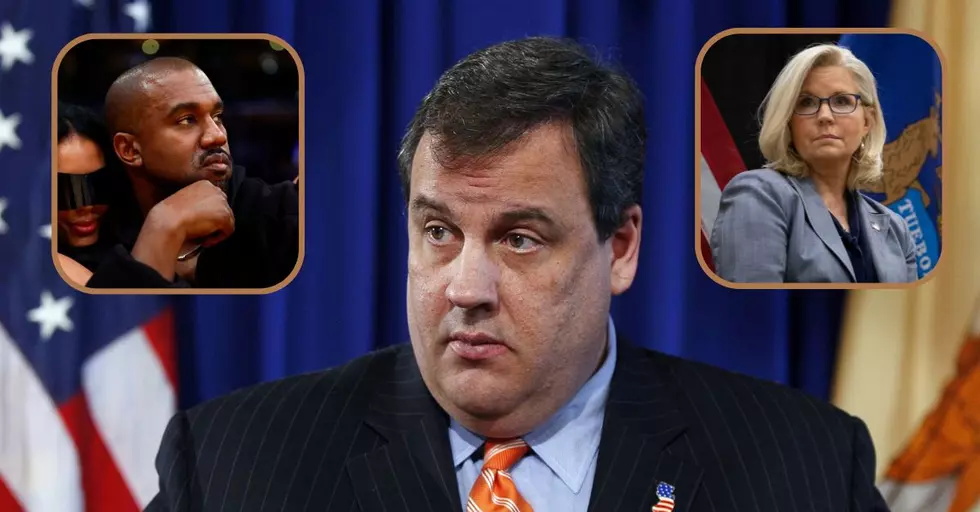
Bipartisan plan would make NJ’s gas tax 7th highest in U.S.
TRENTON — After waiting months for a Transportation Trust Fund replenishment plan, it appears there are now two.
Similar but not identical proposals were announced Friday by Assembly Democrats as well as by a bipartisan pair of senators. They call for spending $2 billion a year for 10 years on road and rail projects, financed mostly by a gas-tax hike and partially offset by cuts in other taxes.
The Senate plan says the gas tax increase would amount to 23 cents a gallon for drivers, presuming the proposed hike at the wholesale level is passed on to consumers, which is very likely. That would well more than double the state's 14.5 cent a gallon gas tax.
Both plans include cuts in taxes on estates and retirement income, as well as a boost in a tax credit for the working poor. The Senate plan includes tax deductions not mentioned in the Assembly framework, such as for contributions to New Jersey charities.
"We will show leadership where Gov. (Chris) Christie has failed, and stand ready to hammer out the details of this plan with my legislative colleagues in the coming weeks to strengthen New Jersey’s economy," said Assembly Speaker Vincent Prieto, D-Hudson. "I look forward to working with Minority Leader Bramnick and the Senate on putting a bipartisan bill on the governor’s desk by month’s end."
“This is a robust transportation capital plan that will double county and municipal transportation aid to hold down property taxes, fund the Hudson-Bergen and Camden-Glassboro light rail extensions, and expand rail freight funding to deal with the doubled cargo that the giant Panamax super freighters will be bringing into Port Newark once the Bayonne Bridge is raised,” said Sen. Paul Sarlo, D-Bergen. “We are calling on all of our colleagues on both sides of the aisle in both houses to support it.”
Christie was asked about the TTF proposals in a Friday afternoon visit to Asbury Park, where he said it's unfortunate there isn't yet agreement in the Legislature.
Sarlo announced his plan with Sen. Steve Oroho, R-Sussex.
The Transportation Trust Fund, which the state has used to pay for construction projects since the 1980s, essentially goes broke at the end of this month, unable to borrow more money and having to put all its revenues toward paying off existing debts.
Christie has been calling on lawmakers to put forward a plan and has not ruled out agreeing to a hike in the gas tax.
Currently, the gas tax is technically 10.5 cents, with 4 cents added through what's called the petroleum products gross receipts tax, which is imposed on companies that refine or distribute petroleum products. The wholesale tax is what would be raised, which is seen as simpler to implement because fewer entities pay it.
A 23-cent hike would make New Jersey’s total gas tax 37.5 cents a gallon, moving it from the second-lowest nationally to the seventh highest. Only Pennsylvania, Washington, New York, Hawaii, California and Connecticut would charge more.
Both plans include higher taxes on jet fuel. Currently, the state only taxes the fuel burned by planes when they taxi, take off and land.
Under the Senate plan, a new mileage tax, modeled after the approached used in California and Oregon, would be charged to people who own electric, hydrogen-powered and other vehicles not powered by gas.
The estate tax would be phased out over four years, with the threshold raised from $675,000 to $1 million this year, then increasing gradually until the tax is eliminated at the end of 2019.
The earned income tax credit would be raised to 40 percent of the federal credit.
The amount of retirement income exempt from income taxes would be raised. It’s currently $20,000 for couples and $10,000 for individuals. Those would double in 2017, then ramp up to $100,000 for couples and $50,000 for individuals in 2020.
The Senate announced that its plan also includes income tax deductions for contributions to New Jersey charities, as well as for gas taxes for people who spend more than 1 percent of their income on gas taxes. Those deductions are not mentioned in the Assembly's announcement of its blueprint.
The plan envisions spending $2 billion a year for 10 years on road and bridge projects. Spending is currently $1.6 billion a year.
The amount sent to counties and municipalities for local projects would double to $400 million a year.
All of the money from the higher fuel taxes would be dedicated to the TTF through this year’s ballot question, if it’s approved by voters.
New Jersey: Decoded cuts through the cruft and gets to what matters in New Jersey news and politics. Follow on Facebook and Twitter.
Michael Symons is State House bureau chief for NJ 101.5 and the author of New Jersey: Decoded. Follow @NJDecoded on Twitter and Facebook. Contact him at michael.symons@townsquaremedia.com
More From Beach Radio










